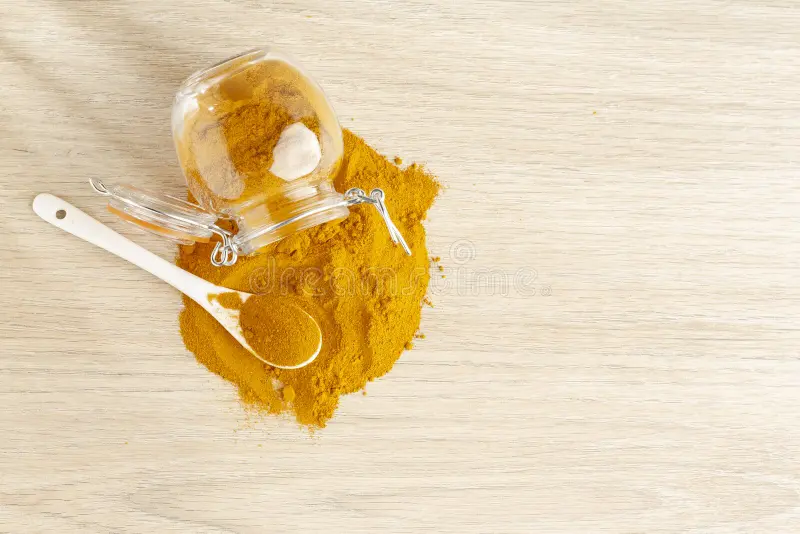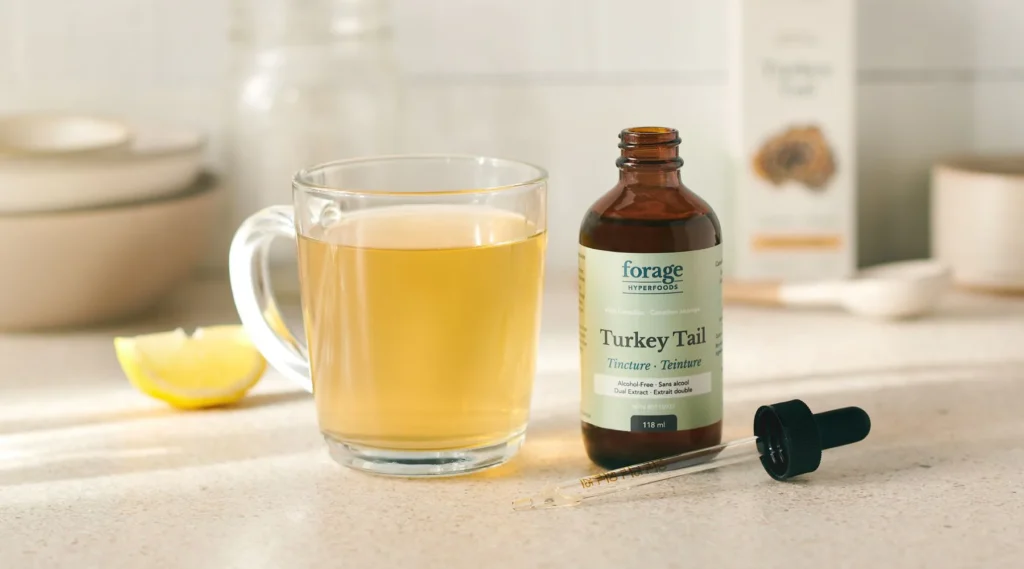Choosing the right form of herbal supplement—capsules, powders, or tinctures—can significantly impact how effectively your body absorbs and utilizes the herbs. Each form has its own advantages and considerations.
Understanding these can help you make an informed decision that aligns with your health goals and lifestyle.
Capsules
Convenience and Taste-Free Consumption
Capsules are perhaps the most user-friendly form of herbal supplements. They are easy to take, portable, and free from the often strong or bitter taste associated with some herbs. This makes them an excellent choice for those who are sensitive to taste or prefer a straightforward approach to supplementation.
Standardized Dosage
Each capsule contains a pre-measured dose, ensuring consistency and making it easier to track your intake. This is particularly beneficial when adhering to a specific dosage regimen.
Slower Absorption
Since capsules must be broken down in the digestive system, the onset of their effects may be slower compared to other forms like tinctures. This means they might not be the best option if you’re seeking immediate relief.
Shelf Life
Capsules generally have a shelf life of 2–3 years when stored properly, making them a stable option for long-term use.

Powders
Versatility in Consumption
owdered herbal supplements offer flexibility. They can be mixed into smoothies, teas, or foods, allowing you to incorporate them into your diet in various ways. This is ideal for those who enjoy customizing their supplement intake.
Higher Potency
Powders often contain a more concentrated form of the herb, which can lead to higher potency. This means you might require a smaller amount to achieve the desired effect.
Taste and Texture Considerations
The natural taste of herbal powders can be strong, and their texture may not be appealing to everyone. Mixing them with flavorful foods or beverages can help mask the taste.
Preparation Time
Unlike capsules, powders require preparation, which might not be convenient for those with a busy lifestyle.

Tinctures
Rapid Absorption
Tinctures are liquid extracts of herbs, typically made using alcohol or glycerin. When taken sublingually (under the tongue), they are absorbed directly into the bloodstream, leading to faster effects compared to capsules or powders.
Adjustable Dosage
Tinctures allow for precise dosage adjustments. You can easily increase or decrease the amount based on your needs, which is particularly useful when starting a new herb or adjusting for sensitivity.
Long Shelf Life
Alcohol-based tinctures have a long shelf life, often lasting up to 5 years when stored properly. This makes them a durable option for long-term use.
Taste and Alcohol Content
The strong taste and alcohol content in tinctures can be off-putting for some individuals. However, glycerin-based tinctures offer an alcohol-free alternative, though they may have a shorter shelf life and slightly different absorption rates.

Making the Right Choice
Selecting the best form of herbal supplement depends on various factors:
- Lifestyle and Convenience: Capsules are ideal for those seeking a quick and taste-free option. Powders suit individuals who enjoy integrating supplements into meals or drinks. Tinctures are best for those needing rapid absorption and flexible dosing.
- Health Goals: If immediate effects are desired, tinctures may be the most effective. For long-term supplementation, capsules and powders provide consistent dosing.
- Taste Sensitivity: Those sensitive to taste might prefer capsules, while others may be comfortable with the flavors of powders or tinctures.
- Storage and Shelf Life: Consider the shelf life of each form, especially if you plan to use the supplement over an extended period.
Conclusion
Each form of herbal supplement—capsules, powders, and tinctures—offers unique benefits and considerations. Understanding these can help you choose the most suitable option for your health needs and lifestyle preferences. Always consult with a healthcare professional before starting any new supplement regimen to ensure safety and efficacy.
To further explore the distinctions between herbal supplements and vitamins, check out our article: Herbal Supplements vs. Vitamins: What’s the Difference?
For insights into the most popular herbal supplements and their benefits, visit our Top Herbal Supplements Guide.